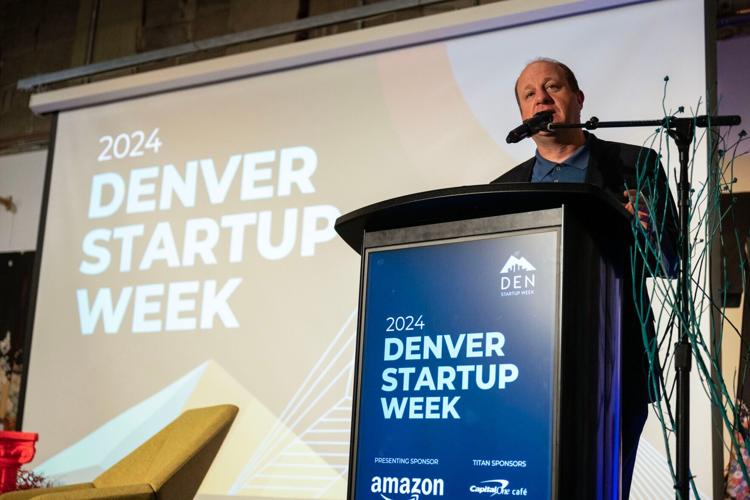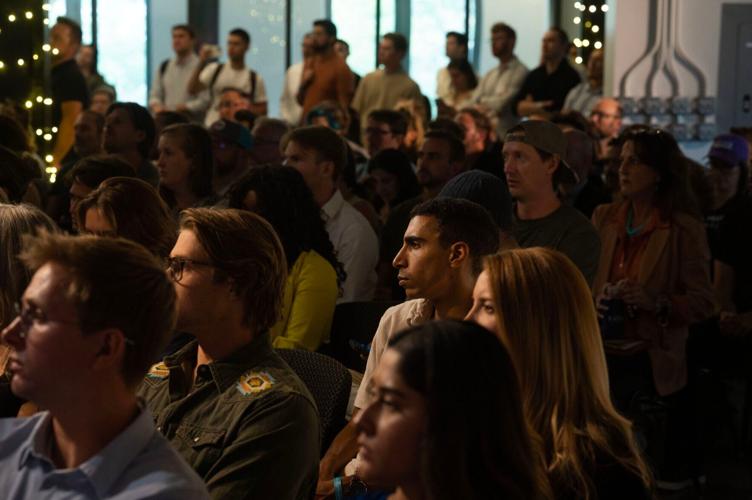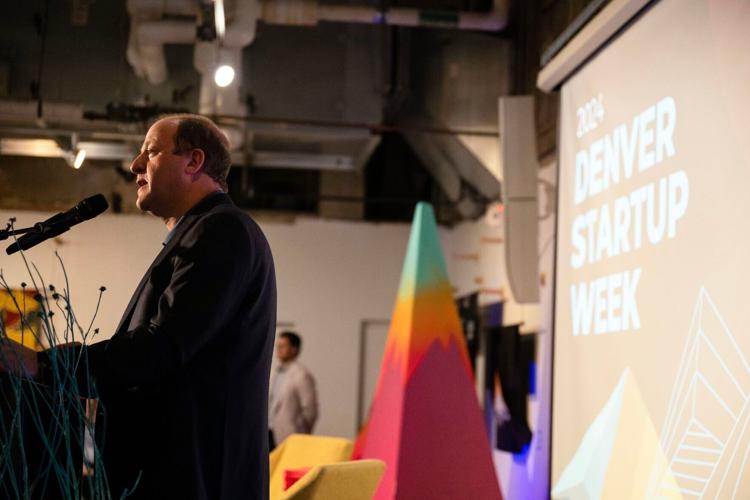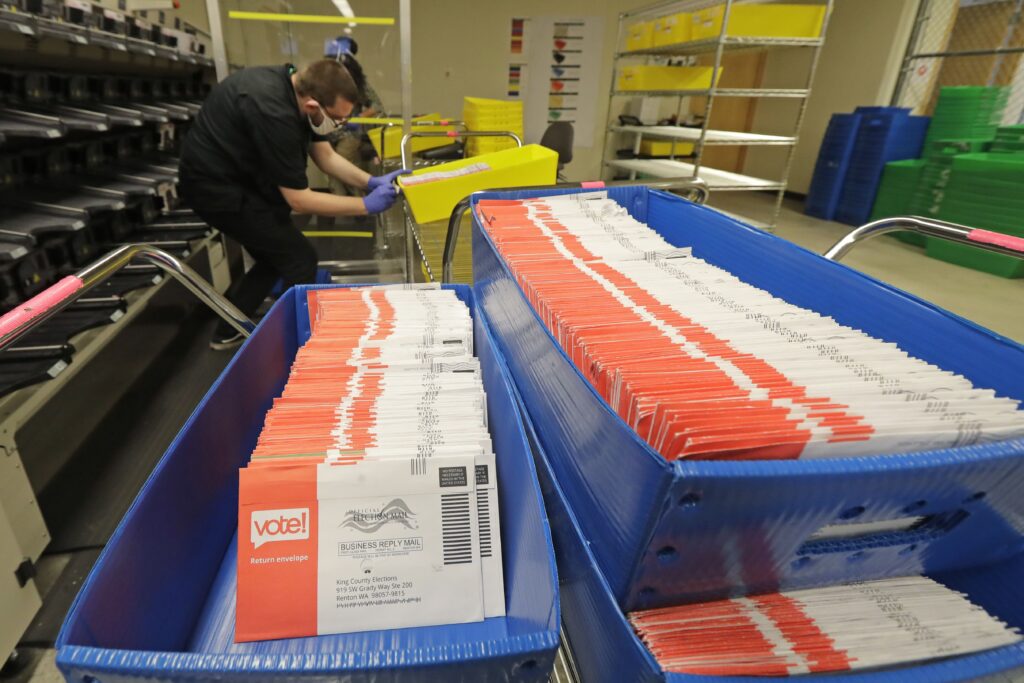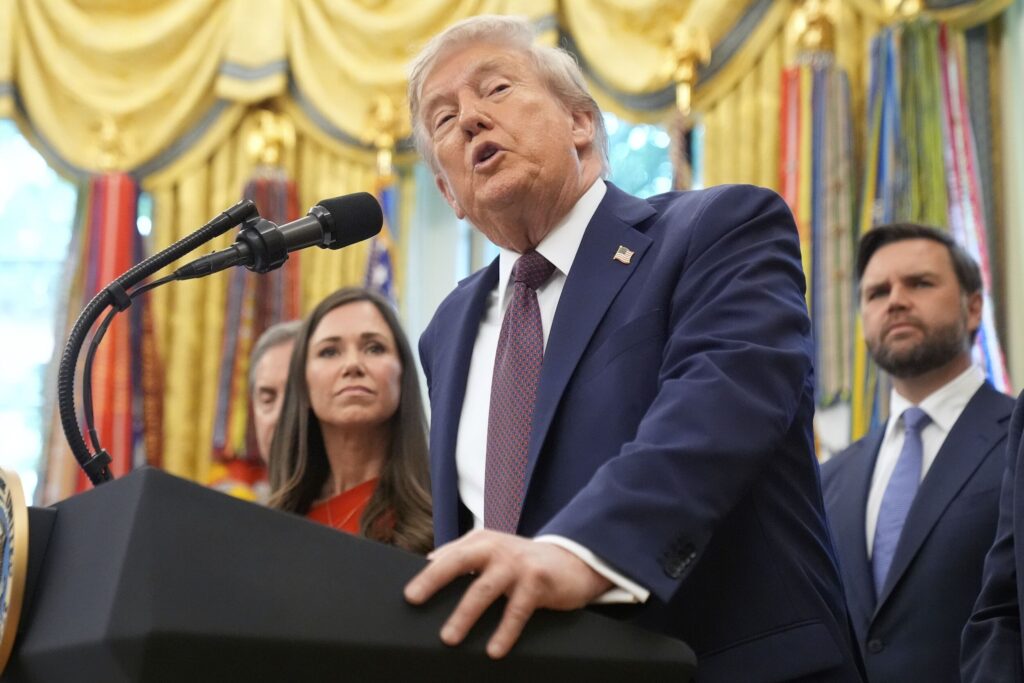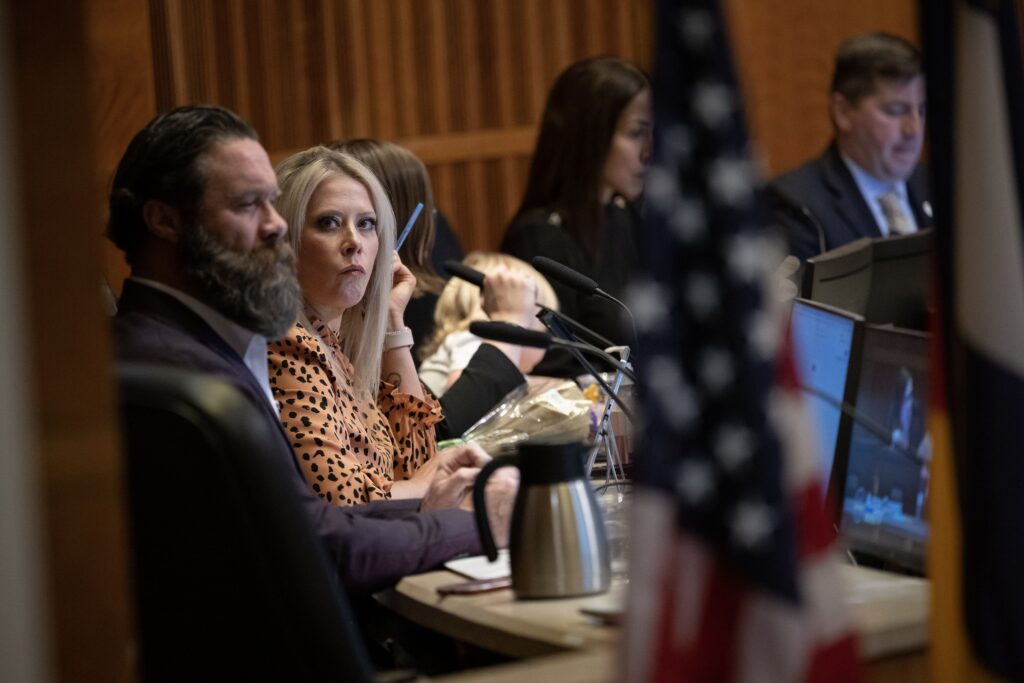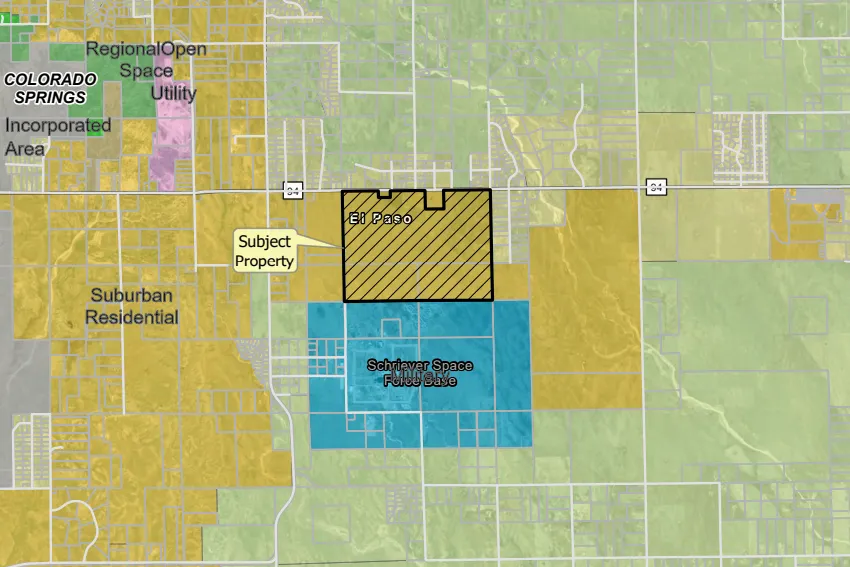Denver Startup Week kicks off with hopes to make Colorado a top 5 tech hub by 2035
Denver Startup Week has begun.
The event running through Thursday is expected to attract more than 12,000 attendees for its 13th year, according to primary organizer Downtown Denver Partnership.
The weeklong discussion of Colorado’s startup scene will be focusing a lot of attention on the rise of artificial intelligence and the state’s leadership in quantum computer technology.
It will also cover topics such as aerospace, outdoor recreation tech, intellectual property and finding funding at a time when investors are much more weary.
“We believe in the power of place,” said Erik Mitisek, the startup week’s co-founder. “We thought if we put people in the same room with really big ideas and a bunch of capital that really, really good companies would come out of the bottom.”
He cited how the event has been a birthplace for multimillion dollar ideas and contracts, through networking or connecting investors with budding ideas from local companies.
Denver Startup Week kicked off with speakers on Tuesday afternoon featuring Gov. Jared Polis and CEOs from local startups and venture capitalists at the McNichols Building, the city’s event venue next to Civic Center Park.
Dan Caruso, a Boulder-based venture capitalist, expressed how a good tech ecosystem requires both entrepreneurs and investors.
He recalled how Colorado’s startup scene roots began in the mid-2000s with three firms: Foundry Group, Silicon Flatirons and Techstars (some co-founded by state leaders such as Polis and Colorado Attorney General Phil Weiser).
Then the number of startups and investors in the area boomed in the 2010s.
The state is now leading in spaces such as quantum, digital infrastructure, biopharma, robotics and climate tech, he said. But the region still needs more investors on the ground in Colorado, he added.
“We always have to get our money from the East Coast or the West Coast,” Caruso said.
Colorado may not be able to catch up with California’s or New York’s startup scenes, he said, but the state should be considering how to become a top 5 place for capital formation by 2035 and attract more money into the state.
Construction on Colorado quantum campus launches ‘America’s response’ to beat China
“Want to invest in quantum? You better pay attention to Colorado. Want to invest in space tech? You better be on the ground here,” Caruso said. “And then investors gain an edge, because instead of investing on an airplane and on a Zoom call, it’s got to be a part of the community.”
Denver Startup Week returned this year with several changes from its previous renditions. The event was condensed into three main days to make it easier for office workers to take off work for startup week and features more than a 100 “community” events created and led by attendees or businesses in addition to the regular programming.
The event was founded in 2012 and led by Downtown Denver Partnership with a group of volunteer leaders from within the tech community.
Kourtny Garrett, CEO of Downtown Denver Partnership, revealed the city’s 2024 State of Tech report detailing how tech is still growing in Denver. About 45% of Colorado businesses are run by women, Garrett said, and Colorado was named the best state for women entrepreneurs by the bank North One.
The report also found tech jobs dropped from nearly 8,000 in 2021 to about 7,000 jobs by the end of 2023. Yet, the number of startups continues to grow.
In 2010, Denver had about 400 startup businesses. In 2023, the number was close to 1,600 startups.
“Denver is fostering an environment where innovation thrives, where our diversity is celebrated and growth is the norm,” Garrett said.


